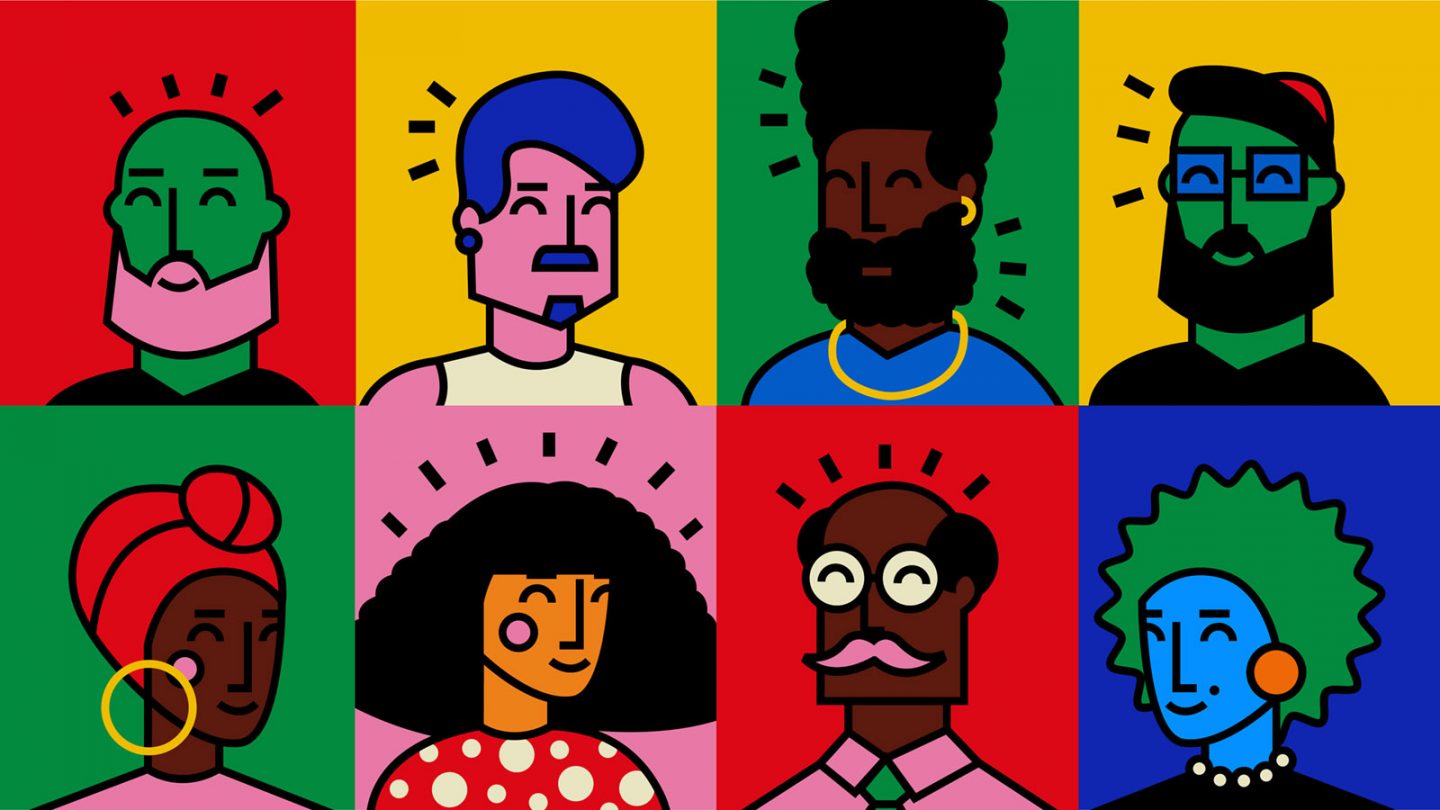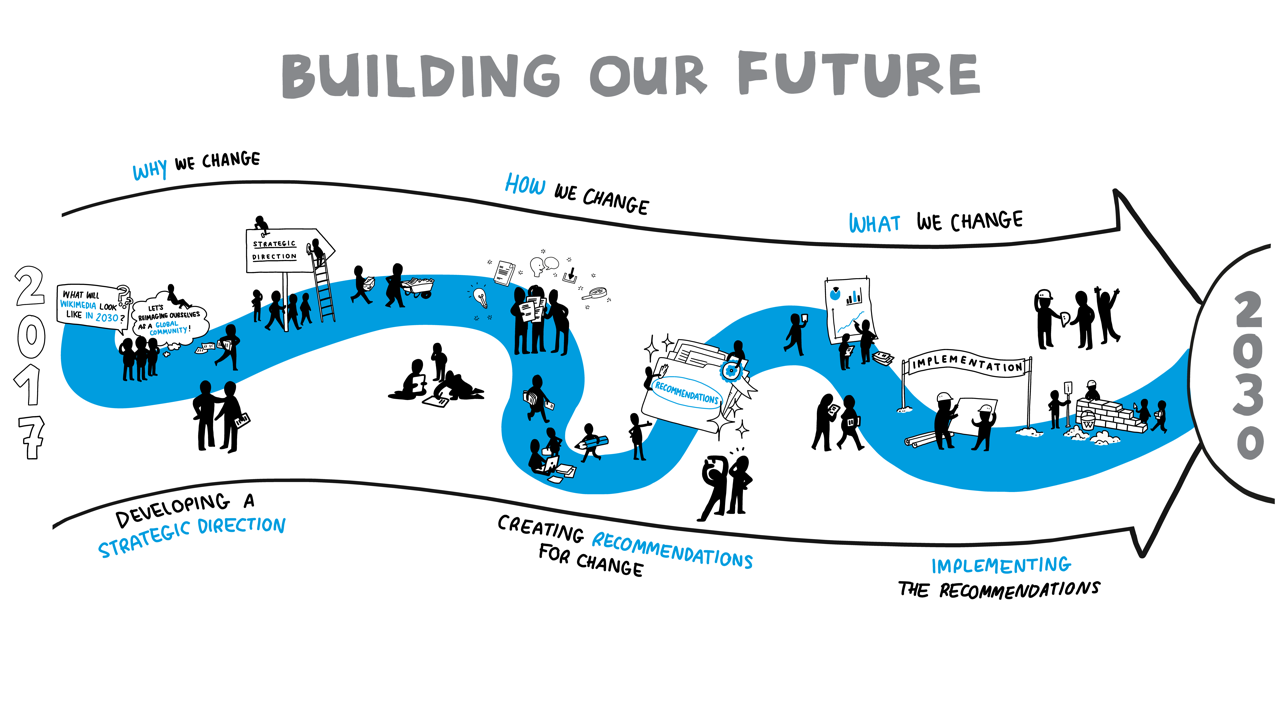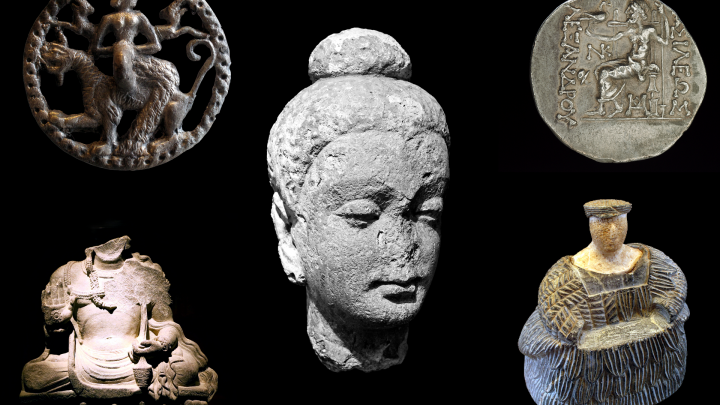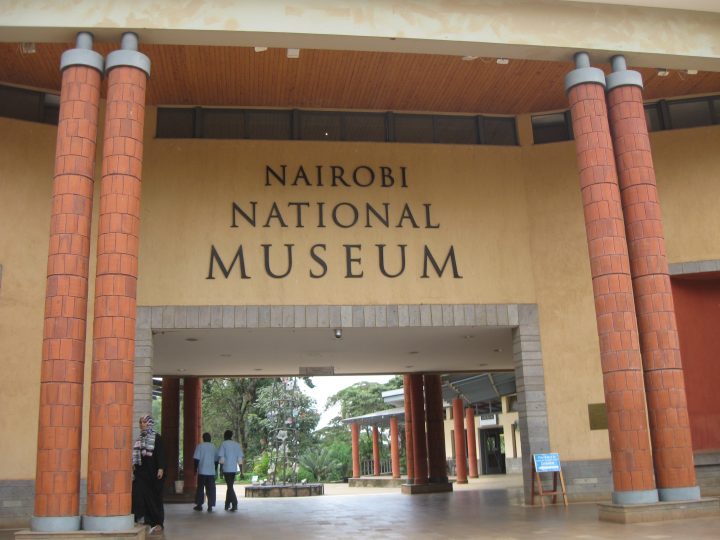Knowledge Equity – How to make Wikimedia more diverse, participatory and equitable

Lilli Iliev
14. September 2021
Knowledge is a common good that should be accessible to everyone – and this view is also championed by the tens of thousands of volunteers globally sharing their knowledge in Wikipedia.
Historically, however, knowledge has been concentrated in the hands of a few. Over a long time, the stories and perspectives of marginalized groups have been excluded by structures of power and privilege. Wikipedia has revolutionized this situation as the largest free and collaboratively produced encyclopedia: In theory, everybody has the same access to knowledge. Yet we know that the possibility to share knowledge as a volunteer is not open to everyone in the same way.
What is necessary to ensure in the future that the Wikipedia Promise – every single person can share and increase the world’s knowledge – is really honoured?
Knowledge Equity cannot exist without Open Science, Digital Civil Liberties, and free access to culture and education
Access to knowledge is a question of equity. It is necessary to fight on several levels to give everyone fair access opportunities to knowledge, education, and consequently to power.
This is what Wikimedia Deutschland campaigns for:
Making marginalized knowledge visible
In order to make knowledge accessible to everyone, we collaborate with many stakeholders who have knowledge that is not yet open to everybody, such as education and research institutions, cultural institutions, museums, libraries and archives.
This raises the question how knowledge that also contains marginalized and suppressed forms of knowledge can become more visible in Wikimedia projects.
For us, marginalized collections of knowledge are holdings in cultural and memory institutions and institutions that find very little or no representation for institutional or structural reasons, as well as forms of representation and narrative that neglect the complex nature of stories and perspectives of an object.
With our projects, we want to increasingly ensure more visibility of marginalized and suppressed knowledge in Wikimedia projects in the future. At the same time, we also want to reveal the mechanisms of appropriation, oppression and marginalization of knowledge.
Currently, we are actively involved in developing the conference programme for “Shaping access! More responsibility for cultural heritage” on the subject of “Difficult Heritage”. Please find out more in our blog post (in German language only).
How Open Science can contribute to Knowledge Equity
Between 2016 and 2021, Wikimedia has supported scientists from all academic disciplines to integrate Open Science principles into their own research practice with the Open Science Fellows Program that promotes Free Knowledge. At the same time, exchange and collaboration between society and science were promoted in order to advance the gradual opening of science and research.
Building on our experience with the programme so far, the goal is to establish even closer links between Open Science and questions of accessibility at a societal level. We want to discuss how Open Science can contribute to knowledge equity, and to that effect reach out and also take the dialogue to an international level.
An attempt to discuss the principles and barriers of Knowledge Equity in science from various perspectives evolved in the course of the fifth round of the Fellows Program as a collaboration of Wikimedia Deutschland, mentors and fellows – a digital learning unit in the Free Knowledge Learning Space (in German language only). It presents short video inputs on Wikimedia’s Movement Strategy 2030, on privileges and discrimination in science, inclusive education, social injustice in the higher education system and linguistic diversity in science.
The Free Knowledge Learning Space with one of the many learning units on Knowledge Equity
A communication culture that welcomes everybody
A communication culture that nurtures appreciation and a constructive approach to conflict resolution are vital to ensure that more people feel welcome and safe in the Wikimedia projects. Wikimedia Deutschland supports the communities to foster friendly interaction with a view to finding solutions for problems and conflicts. For more information, please take a look at the project Online Communication Culture (in German language only).
At an international level, we are also working on a Universal Code of Conduct – a written agreement about how the volunteers in the Wikimedia projects would like to interact with each other.
Strengthen digital policy for the public good
At a political level, we also actively promote that digitalization should primarily serve the common good, for the benefit of everyone. This is connected with the demand to make knowledge funded with public money permanently and freely accessible to the public (in this context, please also take a look at the campaign Public Money – Public Good).
We actively involve ourselves in topical political settings of the course, for example for a consistent orientation towards the common good in the German Federal Government`s data strategy. We also establish international networks to fight for access to Free Knowledge for everybody – now and in the future.
Strategic significance of Knowledge Equity
We want to achieve that every single human being has access to all the world’s knowledge and above all can also actively contribute their own knowledge. However, in order to get there, we have to reach all these people first and work on creating equal conditions for everyone. Which poses the question how we can make the knowledge available in the communities of the world accessible to everybody, also outside of Europe and North America.
To answer these questions about necessary changes was one of the reasons why Wikimedia as a movement began to initiate a global strategy process in 2017. This led to the development of an ambitious goal: for Wikimedia to develop into the pivotal Free Knowledge infrastructure by 2030. Everybody who shares our vision is invited to work on this together with us.

Over a period of two years, people from the Wikimedia movement have come together in an open and participatory process to discuss how to work towards this goal. This resulted in recommendations and basic principles. They set structural and systemic changes in motion that will help us shape the future of our movement together.
The recommendations also outline how we can grow sustainably and inclusively. They show ways how we can best use these new opportunities and meet the challenges that face us today and in the future. They illustrate how we can aim for Knowledge Equity and Knowledge as a Service, enabling everyone – both those who are already part of our movement and those who would like to join – to play a part in capturing and sharing Free Knowledge and facilitating access to this knowledge.
Along the way, the focus is on two key concepts:
“Knowledge as Service”: In order to help the users in the best possible way, we are becoming a platform that offers Free Knowledge to the whole world via interfaces and communities. We will create tools for allies and partners to organize and share Free Knowledge beyond Wikimedia. Our infrastructure will enable us and others to collect and use different types of reliable and Free Knowledge.
“Knowledge Equity”: As a social movement, we particularly campaign for knowledge and communities that have been excluded so far because of power structures and privileges. We welcome people from all backgrounds and walks of life, which enables us to build strong and diverse Free Knowledge communities. We will remove social, political and technical obstacles to enable every single human being to use and create Free Knowledge.




